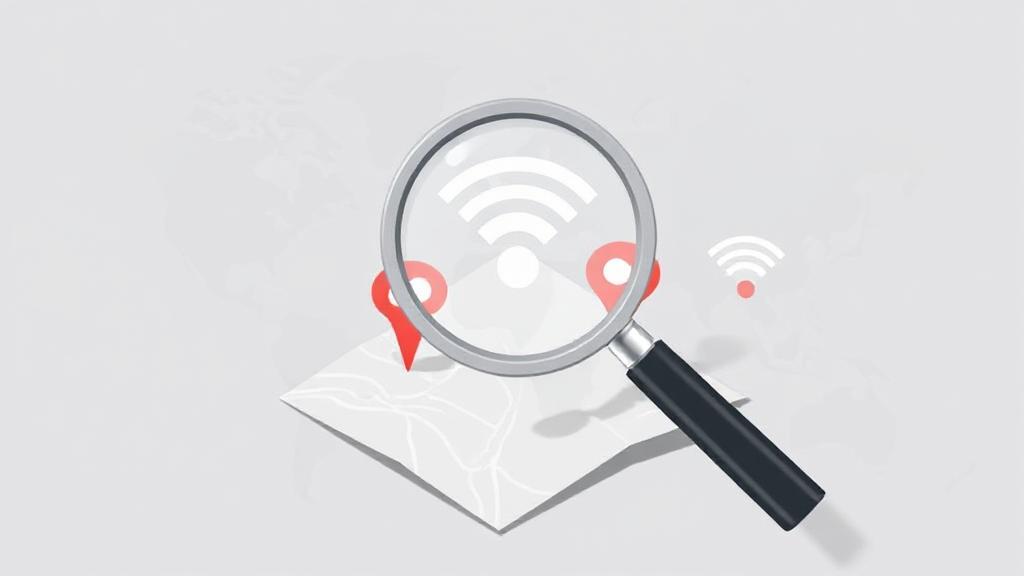Introduction
In today's digital age, having a reliable internet connection is essential for both personal and professional activities. Whether you're moving to a new home or simply looking to switch providers, knowing how to check available internet service providers (ISPs) at your address is crucial. This guide will walk you through the process of identifying which ISPs service your area and how to choose the best one for your needs.
Why Check for ISPs?
Before diving into the process, it's important to understand why checking for ISPs is necessary:
- Availability: Not all ISPs service every area. Checking availability ensures you don't waste time considering options that aren't feasible.
- Speed and Reliability: Different ISPs offer varying speeds and reliability. Knowing your options helps you choose the best service for your needs.
- Pricing and Packages: ISPs offer different pricing models and packages. Comparing these can help you find a plan that fits your budget.
Methods to Check Available ISPs
Using Online Tools
Several online tools can help you quickly identify which ISPs are available at your address:
Government Resources
The FCC's Broadband Map provides a detailed overview of internet service availability across the United States.
Third-Party Comparison Sites
Check ISP Websites
Major providers offer their own availability checkers:
Alternative Methods
- Contact Providers Directly: Speaking with a representative can provide more detailed information about service availability and promotions.
- Ask Neighbors: Get real-world feedback about service quality and actual speeds.
- Check Building Management: Some buildings have exclusive provider agreements or installation restrictions.
Connection Types and Considerations
Available Technologies
| Connection Type | Typical Speed Range | Reliability |
|---|---|---|
| Fiber | 100Mbps-2Gbps | Excellent |
| Cable | 10-1000Mbps | Good |
| DSL | 1-100Mbps | Fair |
| Satellite | 12-100Mbps | Variable |
Important Factors to Consider
When evaluating available providers, look at:
- Upload and download speeds
- Data caps and limitations
- Contract requirements
- Installation and equipment fees
- Customer service ratings
- Network reliability
- Bundling options with TV or phone service
- Price and promotional offers
Rural Considerations
If you're in a rural area, consider these additional options:
- Fixed wireless providers
- Satellite internet services like Starlink
- Mobile hotspot services
- Local wireless internet service providers (WISPs)
Tips for Making Your Decision
- Read customer reviews carefully
- Verify all information directly with providers
- Compare prices and plans from multiple ISPs
- Read the fine print before signing any contracts
- Ask about current promotions and discounts
- Consider both short-term and long-term costs
For more detailed information, check out this guide on how to choose an internet service provider.
